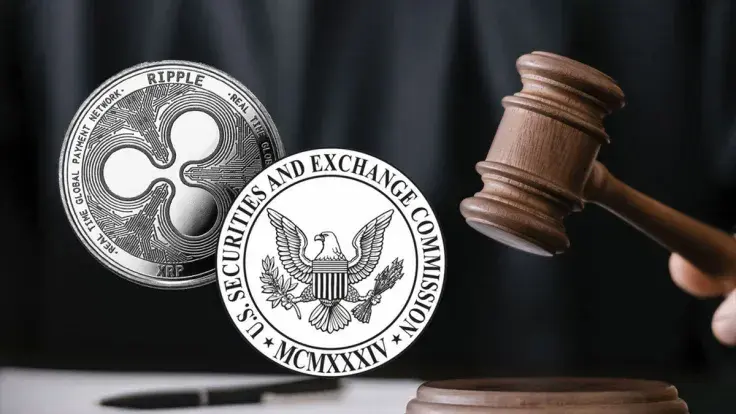
Disclaimer: The opinions expressed by our writers are their own and do not represent the views of U.Today. The financial and market information provided on U.Today is intended for informational purposes only. U.Today is not liable for any financial losses incurred while trading cryptocurrencies. Conduct your own research by contacting financial experts before making any investment decisions. We believe that all content is accurate as of the date of publication, but certain offers mentioned may no longer be available.
In the world of cryptocurrencies, the distinction between a security and a digital asset has now become crucial. In the case of Ripple and XRP, that distinction is currently at the center of litigation.
As former lawyer and current Evernode co-founder Scott Chamberlain believes, if only Ripple's opponent, the SEC, had argued that the crypto company sold XRP as part of an investment contract, rather than that the cryptocurrency itself is a security, there would be no threat to the entire XRP Ledger, no suppression of the token's price, and in fact no case itself, as it would have been resolved long ago.
Ripple takes over XRPL
Chamberlain's remarks came in response to a tweet from a member of the XRP community. He asked a rhetorical question about how it had gotten to the point where thousands and millions of investors are waiting for the lawsuit to end before the price of XRP begins to move up.
In order to avoid this problem they set up a number of entities that are either still captured or slowly being spun off into being independent.
— Fredo Ayala (@xrpwhitefox87) April 6, 2023
All of them have been great actors in the space. Except for the uncomfortable funding issue.
According to the author of the opinion, Ripple's misguided marketing of XRP is to blame, with the result that the ecosystem is dominated by the crypto company in an unhealthy manner and is all about price appreciation.
This discussion once again highlights the importance of clarity in the regulatory framework for cryptocurrencies. It is important that investors, companies and users have a clear understanding of what is allowed and what is not, and that this framework does not violate common sense.



 Dan Burgin
Dan Burgin Vladislav Sopov
Vladislav Sopov